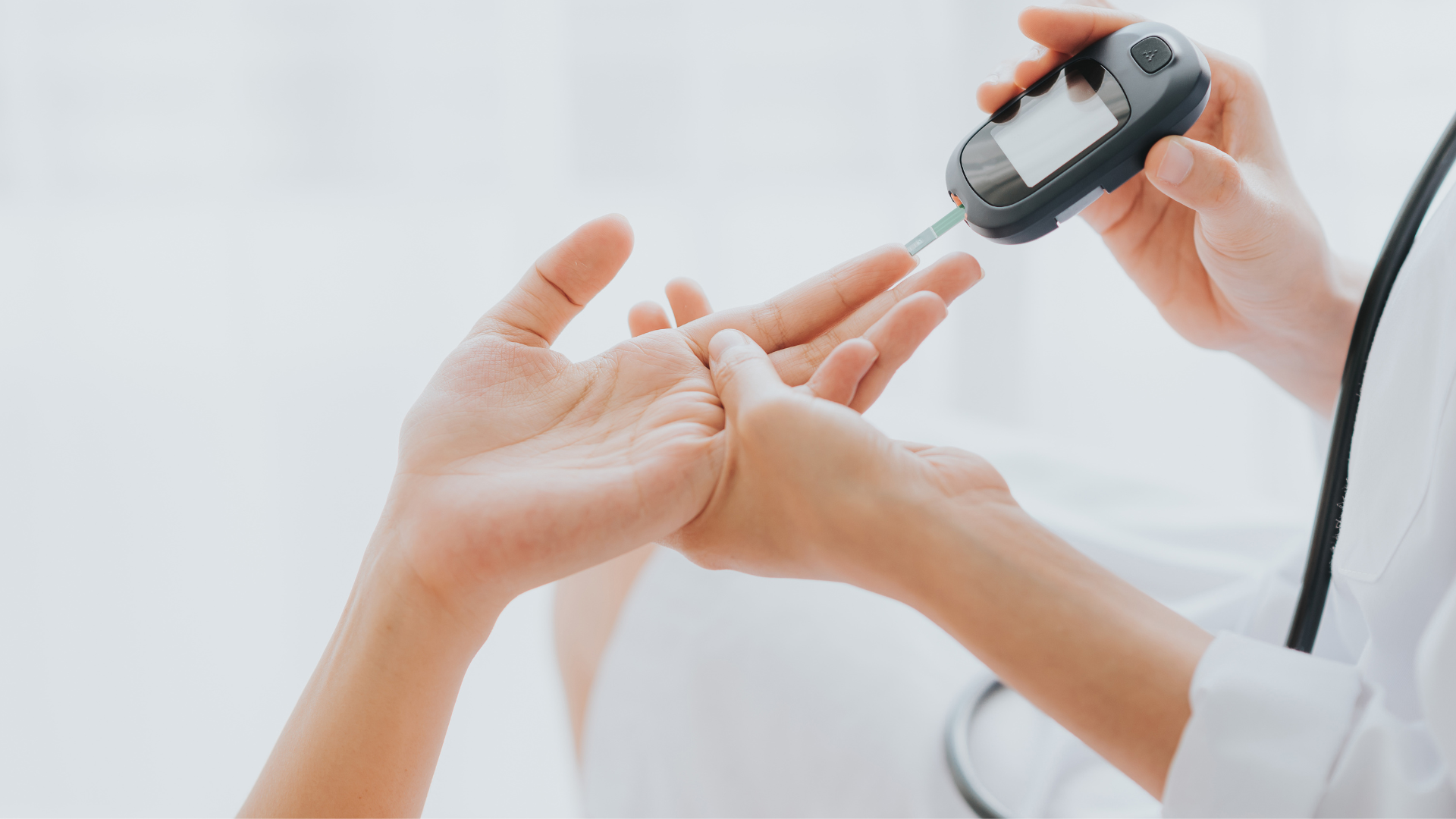
18 Jul Diabetes Care: How Often Should I Monitor My Blood Sugar Levels?
Blood sugar monitoring is an important part of diabetes care. It helps people with the condition manage their symptoms and prevent other health problems that may arise due to high blood sugar levels.
Blood sugar levels can be monitored through devices called continuous glucose monitors (CGM) or the blood meter, which is a portable device that uses a small drop of blood.
Monitoring Blood Sugar Levels
Aside from preventing an unexpected spike in your blood sugar levels, it also helps you make decisions about your food, exercise, and insulin use.
There are situations when your blood sugar level might see an increase, such as:
- Eating carbohydrates
- Not taking enough diabetes medication
- Fluctuations in hormones, especially in the early morning
- Smoking
- Dehydration
- Puberty
Meanwhile, you might experience a low blood sugar level when you miss a meal, exercise, or take too much diabetes medication or insulin.
Checking blood sugar levels makes it easier to pinpoint whether you are experiencing low or high blood sugar levels.
Symptoms of low blood sugar levels include:
- Weakness and dizziness
- Extreme hunger
- Trembling and feeling shaky
- Sweating
- Pounding of the heart
- Feeling anxious or frightened
Meanwhile, those experiencing high blood sugar levels may experience symptoms such as:
- Increased thirst or hunger
- Frequent urinating
- Headache
- Irritability
- Blurring vision
Blood Sugar Levels Monitoring Frequency
To better track your blood sugar levels, make sure that you are also taking note of the date, time, test results, medications you took, and diet and exercise details.
Your health care provider will advise you how often and when you should check your blood sugar levels.
However, it is generally recommended to check your blood sugar levels before, during, and after a workout routine.
There are other certain periods of the day when you should monitor your blood sugar levels, such as before and after meals when you wake up, and before you go to sleep.
It can be also beneficial to know your blood sugar levels regularly if:
- You are pregnant
- You are taking insulin
- You are having difficulty hitting your blood insulin target
- You have frequent blood sugar levels
- You are sick
- You had surgery
- You have low blood glucose without showing any symptoms
Talk to Your Doctor
Communicate with your health care provider about your questions and concerns about your medical condition.
In addition, if you are experiencing symptoms of low or high blood sugar, you should contact your doctor immediately as they might need to alter your diabetes treatment plan for you.
It also helps to discuss your target blood sugar range, the frequency of blood sugar level monitoring, and other matters of the treatment plan.
Get medical and lifestyle advice through iCare Persona’s preventive services. Check out iCare Persona here https://icare.com.ph/products/individual-comprehensive/
SOURCE:
https://www.mayoclinic.org/diseases-conditions/diabetes/in-depth/diabetes-and-exercise/art-20045697
https://my.clevelandclinic.org/health/treatments/17956-blood-sugar-monitoring



